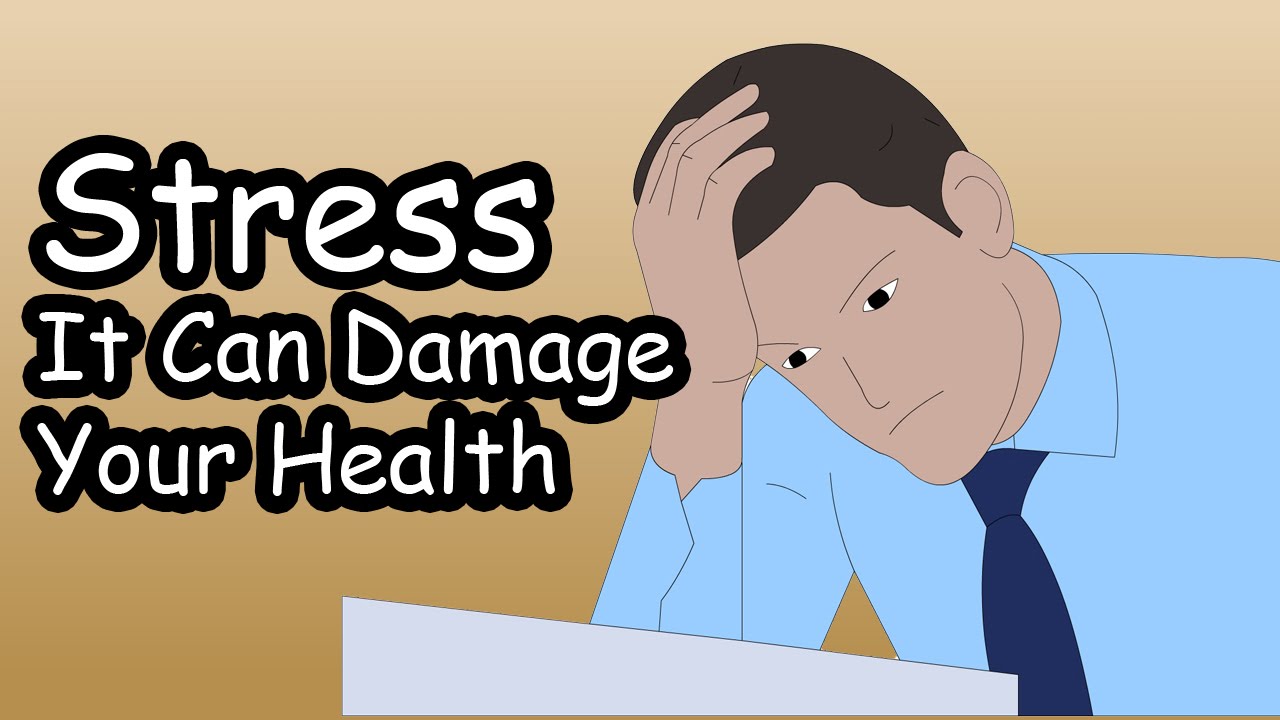Causes of Stress
Everyone has different stress triggers. Work stress tops the list, according to surveys. Forty percent of U.S. workers admit to experiencing office stress, and one-quarter say work is the biggest source of stress in their lives.
Causes of work stress include:
- Being unhappy in your job
- Having a heavy workload or too much responsibility
- Working long hours
- Having poor management, unclear expectations of your work, or no say in the decision-making process
- Working under dangerous conditions
- Being insecure about your chance for advancement or risk of termination
- Having to give speeches in front of colleagues
- Facing discrimination or harassment at work, especially if your company isn’t supportive
Life stresses can also have a big impact. Examples of life stresses are:
- The death of a loved one
- Divorce
- Loss of a job
- Increase in financial obligations
- Getting married
- Moving to a new home
- Chronic illness or injury
- Emotional problems (depression, anxiety, anger, grief, guilt, low self-esteem)
- Taking care of an elderly or sick family member
- Traumatic event, such as a natural disaster, theft, rape, or violence against you or a loved one
Sometimes the stress comes from inside, rather than outside. You can stress yourself out just by worrying about things. All of these factors can lead to stress:
- Fear and uncertainty. When you regularly hear about the threat of terrorist attacks, global warming, and toxic chemicals on the news, it can cause you to feel stressed, especially because you feel like you have no control over those events. And even though disasters are typically very rare events, their vivid coverage in the media may make them seem as if they are more likely to occur than they really are. Fears can also hit closer to home, such as being worried that you won’t finish a project at work or won’t have enough money to pay your bills this month.
- Attitudes and perceptions. How you view the world or a particular situation can determine whether it causes stress. For example, if your television set is stolen and you take the attitude, “It’s OK, my insurance company will pay for a new one,” you’ll be far less stressed than if you think, “My TV is gone and I’ll never get it back! What if the thieves come back to my house to steal again?” Similarly, people who feel like they’re doing a good job at work will be less stressed out by a big upcoming project than those who worry that they are incompetent.
- Unrealistic expectations. No one is perfect. If you expect to do everything right all the time, you’re destined to feel stressed when things don’t go as expected.
- Change. Any major life change can be stressful — even a happy event like a wedding or a job promotion. More unpleasant events, such as a divorce, major financial setback, or death in the family can be significant sources of stress.
Your stress level will differ based on your personality and how you respond to situations. Some people let everything roll off their back. To them, work stresses and life stresses are just minor bumps in the road. Others literally worry themselves sick.

Leave a Reply